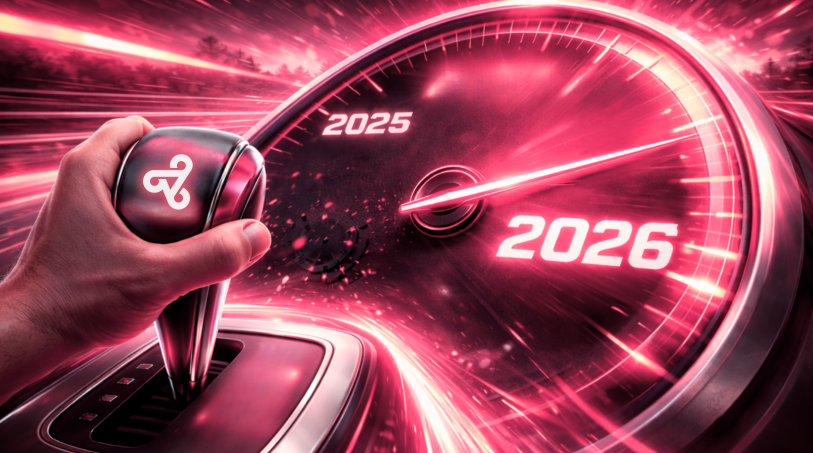In times of artificial intelligence, empathy in customer service is a strategic differentiator for the auto parts sector.
Artificial intelligence (AI) is no longer just a trend, it has established itself as a transformative force in the business world. In the auto parts and aftermarket sector, marked by high competitiveness and growing demand for agility, AI’s irreversible advance has been reshaping processes and customer service models.
According to data from Statista, the global AI market reached USD 184 billion in 2024 and is projected to surpass USD 826 billion by 2030. For companies in the auto parts segment, this scenario requires rethinking the use of technology, not only to automate processes but also to strengthen the human bond, a decisive factor for customer loyalty.
Empathy: the human differentiator amid automation
While AI plays an essential role in optimizing customer service, speeding up responses, and providing 24-hour availability, the true competitive advantage lies in empathy — the ability to put oneself in the customer’s place, understanding their pain points and specific needs. As defined by the Houaiss Dictionary, empathy is “the ability to identify with another person, to feel what they feel.”
In the auto parts sector, where technical problems, deadlines, and safety are critical, customers value service that goes beyond machine efficiency, they expect to be heard, understood, and supported in often complex situations. This is especially important in critical moments such as returns, technical inquiries, or after-sales support.
Technology and sensitivity: the combination that builds trust
Artificial intelligence helps solve simple requests, such as stock inquiries, delivery times, and order tracking, with speed and continuous availability. However, transparency about the use of AI in customer service is crucial to ensuring customer trust.
During business hours, it is essential that human teams are available to handle cases that require greater sensitivity, clarification, or when a customer feels dissatisfied. The feeling of “having someone on the other side” is irreplaceable and creates bonds of trust that reinforce preference for specific suppliers.
The H.E.A.R.D. method, developed by the Disney Institute, can serve as a reference for structuring humanized customer service in the sector: Hear, Empathize, Apologize, Resolve, and Diagnose. Applying this model restores humanity to customer interactions and reinforces that technology should serve relationships — not replace them.
Empathetic companies sell more and build lasting relationships
In the auto parts market, empathy is not just an added value, it is a strategic factor that directly impacts commercial performance. Research shows that organizations with high empathy levels outperform competitors in profitability by more than 50%, and that 75% of consumers seek more personalized and human interactions.
According to psychologists Daniel Goleman and Paul Ekman, balancing cognitive, emotional, and compassionate empathy is essential for building a customer-centered organizational culture. In the automotive sector, involving a complex chain of suppliers, distributors, workshops, and end consumers, this culture can be the key differentiator in ensuring not only sales but long-term partnerships.
As digitalization advances, the challenge for the auto parts sector is to unite artificial intelligence and human sensitivity, offering agile, transparent, and above all, empathetic service — a combination that translates into customer loyalty and sustainable competitive advantage.












